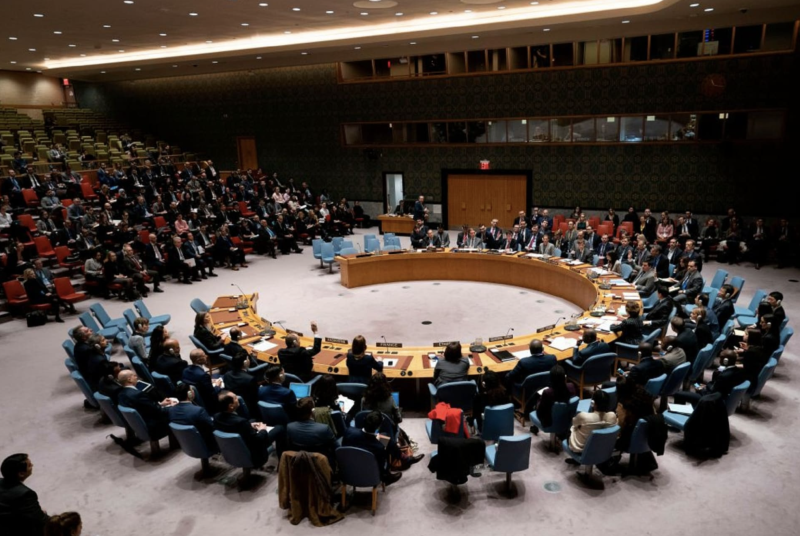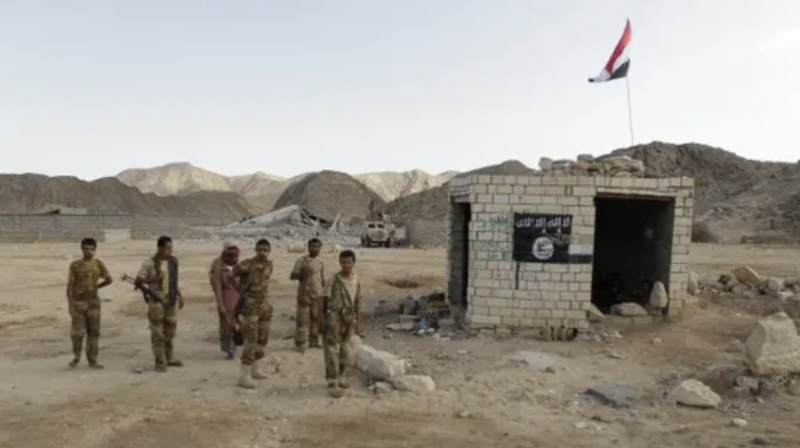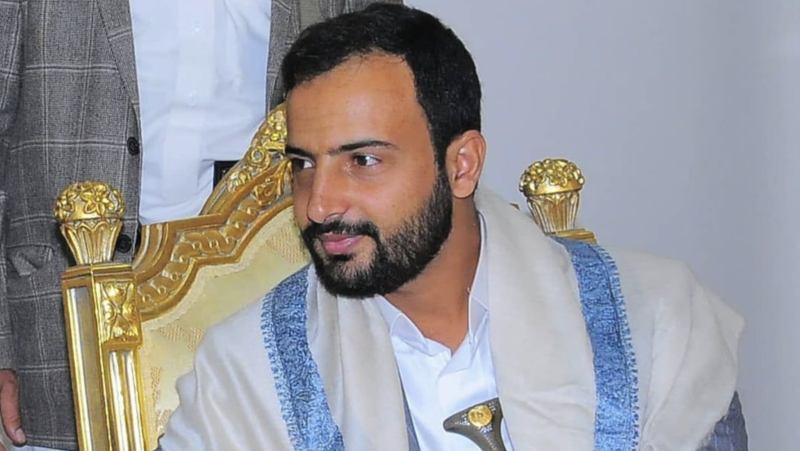DW: Houthi Rebles says War won't stop until Saudis quit Yemen


The Yemeni civil war has created one of the world's worst humanitarian crises. The Houthi-backed foreign minister Hisham Sharaf tells DW his "government" will not stop fighting until the Saudi-led coalition withdraws.
With no signs of the six-year war that has engulfed Yemen abating, human rights organizations and international bodies continue to paint a grim picture of a country devastated by armed conflict in which civilians have often been the targets of the warring factions. What the United Nations has called the world's largest humanitarian crisis, compounded by the coronavirus pandemic, has been exacerbated by the Houthi forces reportedly engaging in wholesale human rights violations, war crimes, obstruction of international aid and rampant corruption.
This week, Conflict Zone host Tim Sebastian spoke to the Houthi-backed foreign minister, Hisham Sharaf, who dismissed most of the charges as part of a Saudi media operation destined to place the blame for war crimes on the Houthi coalition. "They (the Saudi-led coalition) committed most of the crimes in this country and we know what they have done...What is happening in the international arena is what the Saudis have paid for. And those countries who are condemning the Houthis are countries who have a lot of interests, a lot of business with Saudi Arabia and the Gulf countries."
Marib: A turning point
Despite the full effort of the Saudi-led coalition to stop the rebel advance on Marib, Ansar Allah — the Houthi rebel forces — have managed to make important gains and are now advancing on the city. Marib is a strategic desert outpost rich in oil and gas and the end point of the oil Marib-Ras Isa pipeline, the most important one in the country. But the city has also become a safe haven for civilians escaping the Ansar Allah advances, so the Houthi assault has put civilians directly in the crossfire. Asked about concerns for civilian victims, Sharaf explained that the rebels "will continue the war if [the Saudi coalition forces] don't withdraw from our country."
In late March, Saudi Arabia proposed a peace plan including a ceasefire. The plan was rejected by the Houthis, who said that it fell short on key demands made by the group, including lifting the blockade on Sanaa's airport and Hodeidah's port on the Red Sea. Asked why the Houthi coalition would not accept the ceasefire, Sharaf dismissed the peace plan and said that the rebel group wants "real peace, not a peace paid for by the Saudis and the Emiratis."
Reports of Houthi rebels and their allies capturing and torturing civilians and political opponents have been circulating since the beginning of the war. In 2021, independent Yemeni human rights watchdog Mwatana reported that "the Ansar Allah group (the Houthis) bears responsibility for 904 incidents of arbitrary or abusive detention, 353 incidents of enforced disappearance, and 138 incidents of torture, including 27 deaths in detention centers."
"The national forces in Sanaa are trying their best not to hurt their people. We are really targeting the Saudis. We are targeting our enemies because they have destroyed our country," said Sharaf.
Reports of aid obstruction
The rebel group is also accused of blocking the arrival of foreign aid. "Between March 2015 and March 2021, Mwatana documented at least 274 incidents of humanitarian obstruction by the Ansar Allah (Houthi) group." The obstruction has been particularly dire in light of the pandemic and the dire situation of medical infrastructure in the country. The UN has estimated that roughly 24 million out of the country's 30 million people were in need of some form of assistance in mid-2020, since which time the situation has deteriorated.
Ranking members of Ansar Allah have been accused by the UN reports of intimidation against aid agency workers and violence against personnel, assets and facilities starting in 2019, including the raid of an aid distribution center in 2019. Confronted with the reports by Sebastian, Sharaf said he had not heard about these incidents before. "I'm hearing something new from you for the first time, that our people in our government or our personnel are threatening the aid people."
Sharaf said that the Sanaa rebel governing coalition is committed to investigating the cases and procuring justice. However, he told DW that ultimately Sanaa sees the accusations as part of a campaign orchestrated by Saudi Arabia to damage its reputation and places the blame for most of the violations committed during the war at the feet of the Saudi coalition.
"There is a big media campaign made by the Saudis, by the Emiratis, even by the British, to sell their weapons, to show the world that Sanaa and the Houthis, or Ansar Allah, are the only criminals who committed things in this war."

NewYork -- The United Nations Security Council has urged all parties in Yemen to de-escalate tensions and intensify diplomatic efforts to end the c…

Marib — A senior al-Qaeda commander was killed Tuesday in a suspected U.S. drone strike in Yemen’s northern province of Mareb, accordin…

London — The United Kingdom has announced new sanctions targeting Hussein al-Houthi, son of Abdulmalik al-Houthi, leader of the Houthi militi…